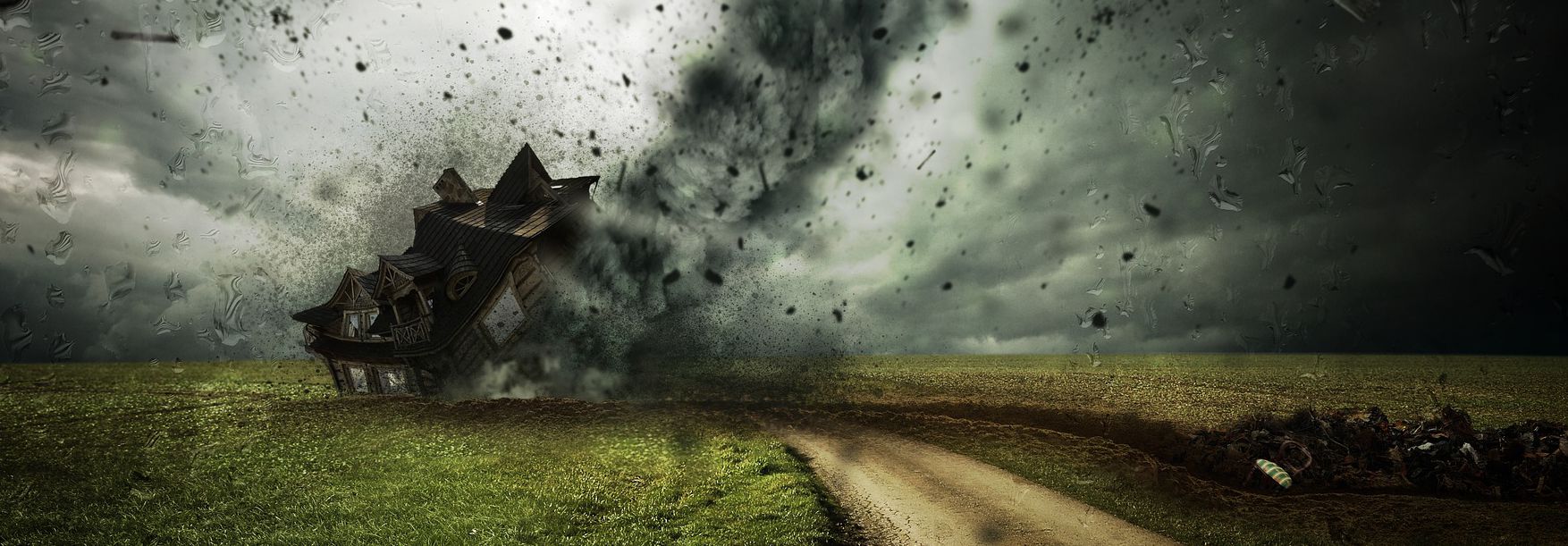
Is Permacrisis the New Normal?
Is Permacrisis the New Normal?
Permacrisis has been chosen as Collins word of the year, and perhaps that's not really a surprise. Whether you're looking at the looming recession, the energy crisis, high inflation, the war in Ukraine, political polarisation, fraying social cohesion, strikes, the pandemic, supply chain problems, a collapse in the value of the pound, a creaking global monetary system, climate concerns or the threat of nuclear disaster, we are surrounded by significant threats that could jeopardise our livelihoods, and indeed existence.
The dictionary definition of 'permacrisis' is an "extended period of instability and insecurity", which many may recognise as a true reflection of the world in 2022. In fact, you could also argue that we are now in the midst of a global polycrisis, with multiple overlapping crisis creating this worrying period of instability. But are we starting to come out the other side of this? Or is it the new normal?
In order to answer this question it will be helpful to try and understand the cause of the current situation.
Again, this isn't necessarily easy, but there are currently seven key causes that are being highlighted or blamed for most of the issues:
1. The pandemic and the direct societal impact and indirect consequences
2. The global monetary system disintegration
3. The great decoupling - the global trade system beginning to fragment
4. Brexit and it's impact on British employment and trade
5. The Russian invasion of Ukraine and the consequences
6. Climate Change, or the impact of organisations and governments in their attempts to address their climate concerns
7. The breakdown of societal cohesion - multiple root causes
What are the current, developing or expected crisis' effecting the UK?
- COST OF LIVING CRISIS (the affordability of food, energy, essentials)
- ENERGY CRISIS (rapidly increasing cost, risk of rolling black-outs)
- HEALTH SYSTEM CRISIS (lengthy waiting lists, creaking infrastructure, high excess deaths)
- PANDEMIC TAIL END (endemic ongoing deaths, ill-health and implications)
- STRIKES (transport, NHS, Royal Mail, etc)
- LABOUR SHORTAGES (especially in hospitality and food production)
- DROUGHTS & FLOODS (seasonal, but worsening)
- PENSION CRISIS (destruction of wealth)
- DEBT CRISIS (high levels of national debt limiting our ability to utilise fiscal policy to maintain and grow our economy)
- BOND MARKET CRISIS (jeopardising pensions and the economic system)
- REPO MARKET CRISIS (jeopardising the economic system)
- CRYPTO CRASHES (destruction of wealth)
- EXCHANGE RATE CRISIS (a decreasing value of the British pound)
- POLARISATION OF SOCIETY (increasing hostility in the public space, exacerbated by social media)
- PROPAGANDA CRISIS (different perspectives on the truth, impacting social cohesion and tolerance)
- THE RISE OF NEO-MARXISM (Woke ideology infiltrating society, challenging traditional values)
- THE RISE OF NEUROTIC NARCASISTS (our weakening society creating weak, self-obsessed citizens)
- FOOD SHORTAGES (threatening survival and societal stability)
- MIGRATION CRISIS (dividing society, increasing financial burden)
- DEMONSTRATIONS (climate change, anti-oil, meat, etc)
- REGIONAL WAR (currently a proxy-war directly involving Ukraine-Russia, but could easily expand)
- HIGH RISK OF NUCLEAR INCIDENTS (caused by damage to nuclear power plants, or nuclear weapons)
As you can see, we have drawn attention to these 21 crisis', but there are many more at different stages of development that we could include. What is worth noting is that this period of instability could continue for many years with many unpleasant twists and turns - in these difficult times it is wise for us all to be prepared for uncertainty and volatility to the best of our ability.
To become better prepared we recommend you visit How to Build Your Resilience.
Suggested Articles
Do people trust politicians?
Over the last few years there have been a number of events that may have affected UK citizens trust in politicians. ...
Is the world becoming a more dangerous place?
We were interested in building an understanding of whether the UK population consider the world to be becoming more d...
Mainstream news versus YouTube & Social Media
There is a sense that society has become increasingly divided in recent years. Whether it is traditional class divide...




